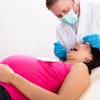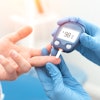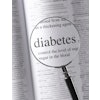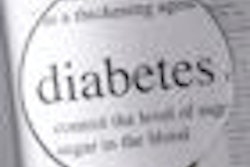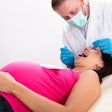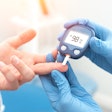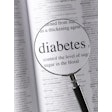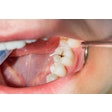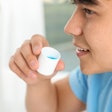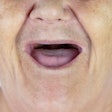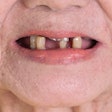The University of Alabama at Birmingham (UAB) School of Dentistry is one of three sites recruiting patients for a clinical trial to test whether the treatment of chronic periodontitis improves control of type 2 diabetes.
"Research clearly shows an association between chronic periodontitis and type 2 diabetes, and there is early evidence that treating periodontal infection and inflammation can improve glycemic control," said co-principal investigator Michael Reddy, D.M.D., in a press release. "Previous studies in this area have been encouraging but too small to be conclusive. This is the first large, multicenter study to determine whether periodontal treatment can improve glycemic control."
Dr. Reddy and co-principal investigator Cora Lewis, M.D., of the UAB Division of Preventive Medicine, will test whether nonsurgical periodontal therapy has a positive impact on glycemic control for type 2 diabetics.
Along with researchers from the University of Minnesota and the University of Texas Health Science Center at San Antonio, they will recruit 600 adults with type 2 diabetes and chronic periodontitis. Study participants will be randomly assigned to receive either initial nonsurgical periodontal therapy with chlorhexidine rinse (treatment subjects) or delayed nonsurgical periodontal therapy (control subjects). Control subjects will be offered delayed periodontal therapy (scaling and root planing) following the six-month visit.
Participants in both study arms will receive oral-hygiene instruction and lifestyle information at baseline and at the three- and six-month visits.
Those eligible to participate in the study must:
- Be at least 35 years old.
- Have had physician-diagnosed type 2 diabetes for more than three months.
- Be currently under the care of a physician for diabetes management.
- Have moderate to severe chronic periodontitis.
- Have had no definitive periodontal treatment during the six months prior to enrollment.
- Have at least 16 natural teeth.
Qualified participants will receive teeth cleaning and dental examinations at no cost, the university noted.
Copyright © 2010 DrBicuspid.com
